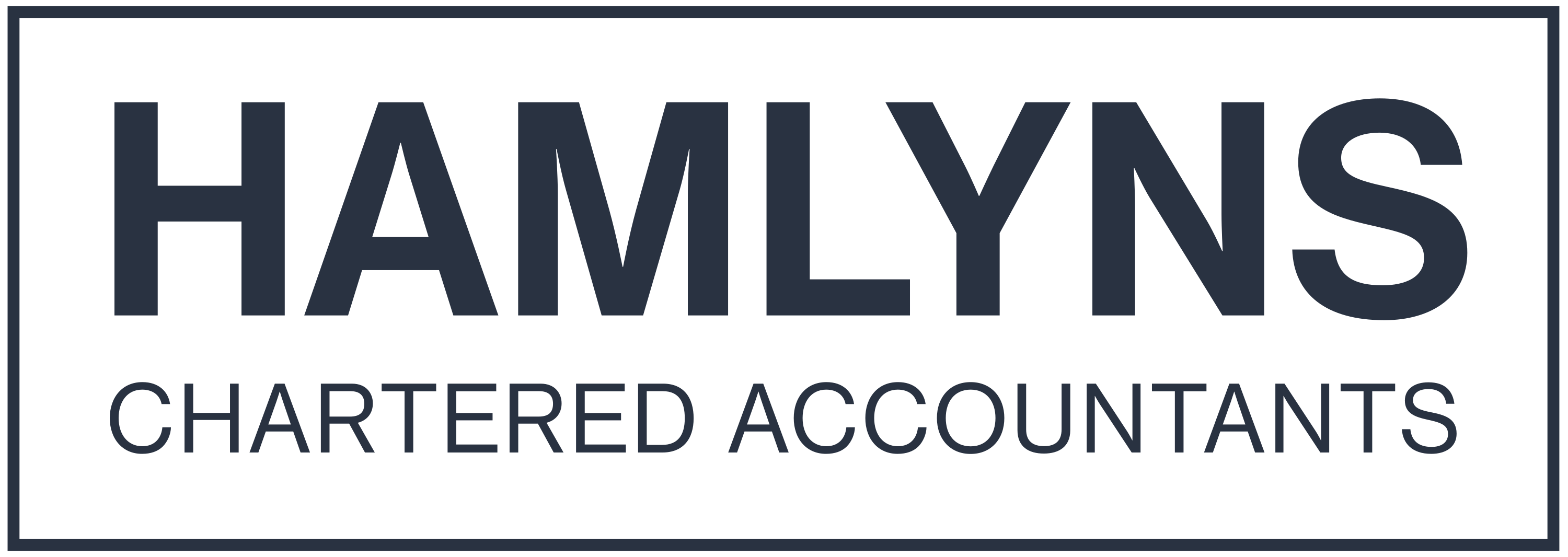What Happens if You Fail to Declare Income to HMRC?

HM Revenue & Customs (HMRC) can equally be a business owner and taxpayer’s most useful ally and the sharpest thorn in their side. If you own or run a business in the UK, it’s no secret to you that you have a legal obligation to accurately report all your taxable income sources to HMRC.
Failing to declare income correctly, whether intentionally or through innocuous error, can result in complications and financial penalties down the line. Even if you appoint an accredited and trusted tax advisor and chartered accountant to calculate and manage all your taxes for you, any undeclared income can come back to bite you. This is why it’s important to not get deluded into preserving more of your hard-earned business profits by not disclosing certain charges to HMRC. Ultimately, this is a recipe for disaster.
The potential ramifications of failing to report taxable income to HMRC, whether underpaid income tax, capital gains tax (CGT), value-added tax (VAT), and other duties and taxes can be difficult to understand. This guide is here to cover HMRC’s enforcement powers, the potential penalties they can impose, interest charges, and what could happen if you do not disclose taxable income correctly and lawfully.
How are HMRC Penalties Calculated?
If you make an error on your Self-Assessment (SA) Tax Return or other documentation submitted to HMRC that understates your tax liabilities, you could face a number of financial penalties.
Certain penalties carry specific reasons behind their imposition; some are flat fees depending on specific circumstances, whereas others are calculated as a percentage of the tax unpaid. A penalty percentage depends on the type of behaviour surrounding the tax you should have paid (i.e. whether it was careless or deliberate), whether you notified HMRC unprompted and the extent of the disclosure.
HMRC, when issuing penalties, should disclose an explanation letter to ascertain the period over which the penalty has been charged and why.
Types of HMRC Penalties
Breaking down each type of HMRC penalty for unpaid tax can be tricky for complex business tax structures, which is why consulting professional tax consultants can be more reassuring. However, see the below for a general overview of what penalties HMRC can impose.
Failure to Notify Penalties
You may face a “failure to notify” penalty if you do not inform HMRC about a new source of taxable income by the relevant deadline. For example, this could be CGT, Class 2 or 4 National Insurance contributions, and other types of taxable income which need to be declared.
The penalty amount is calculated based on a percentage of potential lost revenue (i.e. the amount of tax unpaid by the relevant deadline as a result of a failure to notify.) This ranges from 0% for an unprompted and not deliberate reason to up to 100% if the taxpayer has been prompted, and deliberately avoided and concealed the disclosure.
Late Submission and Late Payment Penalties
Late submission penalties (also known as late filing penalties) apply even if you have no additional taxes to pay and miss your tax return deadline. There are standard late submission penalties that apply, from a flat £100 fee immediately for a late form, to a further £10 per day if a return is over 3 months late for up to 90 days. Further penalties apply if the form is 6 or 12 months late, either an additional £300 or 5% of the tax due (whichever is higher).
For late tax payments, HMRC usually imposes specific penalties. You will be charged late payment penalties for income tax of 5% of tax outstanding after payment is 30 days late, plus a further 5% if payment is 6 or 12 months late.
It’s worth noting that late payment and submission penalties are different from VAT.
Inaccuracy Penalties
HMRC can charge you a penalty if you make an error on your tax return or other submitted paperwork which understates or misrepresents your tax liability. These penalties are calculated using the amount of tax you potentially did not pay due to the error, which depends on the type of behaviour HMRC suspects is involved, whether you notified them with or without prompting, and other criteria.
Interest Charges
In addition to penalties, HMRC will also charge you interest on any late paid tax (including penalties) to compensate for the delay in receiving the money. Interest accrues from the original due date until the date the outstanding amount is settled.
The current interest rate for late payments is variable and is set by HMRC. The interest broadly puts HMRC and you in the same financial position as if you had paid tax on time.
HMRC’s Enforcement Powers
To identify non-compliance and recover unpaid taxes, HMRC has significant enforcement powers at its disposal alongside the issuing of penalties. This includes:
- Conducting tax investigations and inquiries into your affairs
- Potentially pursuing criminal charges for deliberate tax avoidance or evasion
- Using debt collection powers like bankruptcy, liquidation, or directorial liability notices
HMRC also has information-sharing agreements with many other countries to tackle offshore tax evasion.
Mitigating Circumstances and Appeals
All penalties can be appealed within 30 days of receiving a notice from HMRC. There are ways to reduce or remove penalties in certain circumstances when appealing, for example, if you have a “reasonable excuse” like an emergency that prevented you from meeting a deadline, you can appeal to have the penalty cancelled.
You may also qualify for a “special reduction” where the penalty is lowered or not enforced at all due to special mitigating factors. Criteria for this is relatively vague but could apply in exceptional ‘uncommon’ or ‘exceptional’ circumstances.
HMRC may also agree to “suspend” some penalties for up to two years if you are upfront about making a careless error and stick to the agreed terms of the suspension. Any breach of these terms will make the suspended penalty immediately payable, but equally, suspended penalties may be cancelled if you meet all conditions.
You have 30 days to appeal most penalty notices from HMRC if you believe they are incorrect or excessive. An appeal could argue that the penalty percentage was too high, that the behaviour was not deliberate, or that you took reasonable care.
Partner With Hamlyns for Maximum Tax Efficiency
As chartered accountants, the team at Hamlyns can ensure you remain fully compliant with all your tax filing and reporting obligations to HMRC. We can file accurate, timely tax returns for income tax, VAT, CGT, and corporation tax, among others, ensuring that you maximise all allowable tax deductions, relief, and exemptions while minimising your risk of penalties.
We can offer practical advice on structuring your business earnings for maximum tax efficiency and provide comprehensive consultancy and advisory services to help you navigate complex arrangements with HMRC. Contact Hamlyns today and leave your tax affairs in the capable and trusted hands of our award-winning accountancy team.





